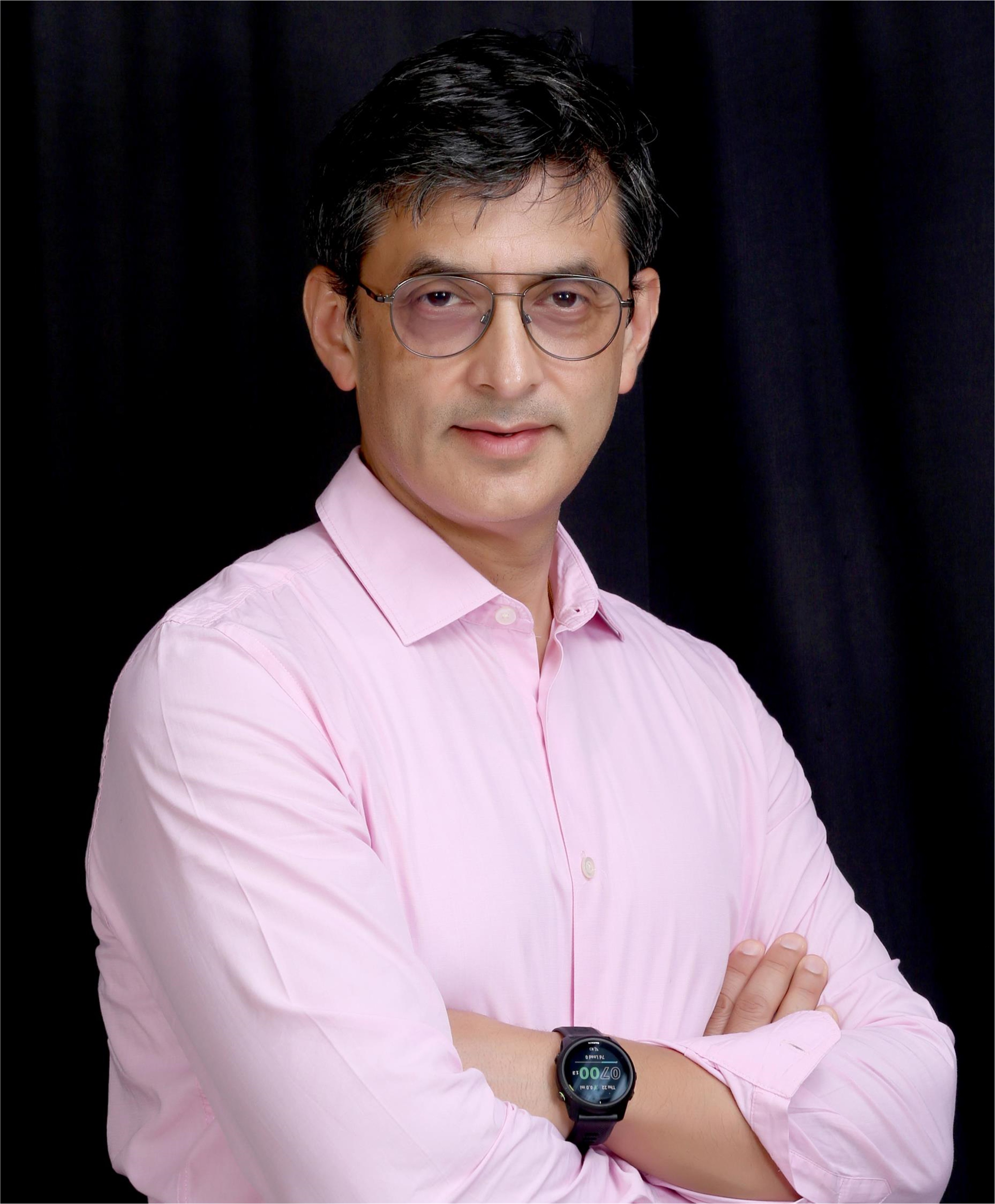Columns
How Mishra and Waglé lost their way
Often it might be better to choose civil society activism over politics.
Bishal Thapa
Rabindra Mishra and Swarnim Waglé were powerful public intellectuals who had the potential to drive significant political, social and economic changes in Nepal.
They chose to do it through political parties and are now mired in the day-to-day pursuit of political power. One has pegged his political fortunes to reinstating a fatigued concept of monarchy that is in search of a movement as much as it is in search of a king. The other is busy building the political fortunes of a television personality turned politician who has been charged (the trial is underway) with stealing the savings of ordinary Nepalis through fraudulent loans from cooperative banks.
How did two of Nepal’s best and prospective high-impact change makers end up as no more than intellectual hitmen for political parties? Their stories are an illuminating display of the lure of political power in Nepal. It is also an illustration of why politically neutral civil society engagement remains weak in Nepal, and without which it is impossible to secure meaningful change.
Prospective change makers
Mishra and Waglé both burst on to Nepal’s political scene as known public figures with notable fan following.
Mishra describes himself as an ex-journalist, philanthropist, poet and now a politician. He was a familiar voice for many Nepalis, having served as the editor-in-chief of the BBC’s Nepal service. He established Help Nepal Network, a global charity that works with chapters across more than a dozen countries. Now in politics, he is the Senior Deputy Chairman of Rastriya Prajatantra Party (RPP), a party advocating for a constitutional monarchy and a Hindu state in Nepal.
Between 2017 and 2022, Mishra served as the President of Bibeksheel Sajha Party, a movement of well-intentioned, educated upper-class elites masquerading as a political party. He has fought two elections, losing both to Prakash Man Singh, a senior leader in the Nepali Congress and a deeply entrenched political heavyweight. He lost both elections by slim margins of around 150 votes (they both polled approximately 7,500 and 10,100 votes in the two elections). Mishra’s election results confirmed that there was space for independent new faces in politics, and at the same time showed how difficult it was to unseat entrenched politicians.
Waglé is a highly educated economist with a doctorate from the Australian National University, a master’s from Harvard University and a bachelor’s from the London School of Economics. He has published widely and is a well-recognised intellectual who has been tapped by international agencies, such as the United Nations, the World Bank and the Asian Development Bank. He benefited from the patronage of the Congress party and served in the National Planning Commission first as a member and then as vice chair.
Waglé was once the rising blue-eyed star within the Congress party. But he broke with his benefactors, and after a public spat with the Deuba family, he bolted from the Congress party and contested the 2023 by-election from Tanahau as a candidate of the Rastriya Swatantra Party (RSP). The loud ringing of the bell, the symbol of the RSP, heralded his entry as a member of parliament—he won with a large majority.
It is not impossible to imagine Waglé and Mishra occupying some of the highest offices in the land, though that might depend on their ability to broaden their mass appeal and demonstrate greater political ruthlessness than they have done thus far.
Two qualifiers
First, in this article I’m not questioning Mishra’s and Waglé’s right to engage as political leaders in a party, as an independent or with any ideology of their choosing. Nepal’s constitution grants everybody the right to join political parties and contest elections. They have clearly chosen to exercise that right, and like all other well-wishers, I hope they succeed.
Second, Mishra and Waglé may have their own reasons for pursuing political power. Those reasons are for them to know. In this article, I assume that they decided to join politics for public service. I assume that they decided that the best way to serve the country, and deliver the political, economic, social changes for the benefit of Nepal is by wielding political power.
In this article, I am using the examples of Mishra and Waglé to encourage other change makers to choose civil society activism, rather than becoming a politician, as a method for public service and for delivering change.
Civil society changemakers
There is widespread discontent and disillusionment among Nepalis with their political leadership. Every day, we hope and pray that we will find a leader who is honest, visionary and able to marshal all the forces of the country for the benefit of all Nepalis. Mishra and Waglé may be just such leaders. And when they get to the highest seats of political power, we will no doubt be grateful to God for answering our prayers.
Prayer is one way to bring change. But there are also other ways with much higher chances of success.
Nepal has no shortage of politicians. There are politicians of all shades—good, bad and ugly. What makes a politician good isn’t just the individual capability or motivation. Rather, it is the broader system. We need systems to keep politicians accountable, honest, diligent and responsive.
This is where civil society activism comes in. We need ordinary citizens—Nepalis of all types—to hold our politicians accountable and keep our systems functioning. Election is one point of engagement. In between elections, there are many other mechanisms that can serve to keep governments in check and politicians in line.
Politically neutral civil society activism can come in all forms—through small grassroots community organisations or expansive national association of stakeholders. From independent media to business associations, from whistle blowers who can point out corruption when they spot it to organised groups that can sue the government for corruption—civil society activism can accommodate every citizen and in whichever way they can participate.
Nepal doesn’t need yet another politician. It needs its existing political leaders to perform and succeed. If there is scope for better political leadership in Nepal, there is even greater scope for civil society leadership.
There is tremendous room and opportunity for individuals to play the role of change makers who can develop and build civil society movements. Such movements are far more likely to succeed in getting governments to perform better with honesty, transparency and accountability.
The counterforce of civil society engagement is critical to good governance. Without it, politics, politicians and governments will remain just as they are today. They will not be able to address the high levels of frustration, disillusionment and discontent that Nepalis are currently experiencing.
As political leaders, Waglé and Mishra will undoubtedly go on to achieve great things and institute many positive changes for the country. If they don’t, other political leaders will. The funny thing is that their success will have little to do with what they do. It will have everything to do with us, ordinary citizens, and whether we engage as civil society or spend the rest of our time only praying for a better political leader to rescue us.




 11.12°C Kathmandu
11.12°C Kathmandu















